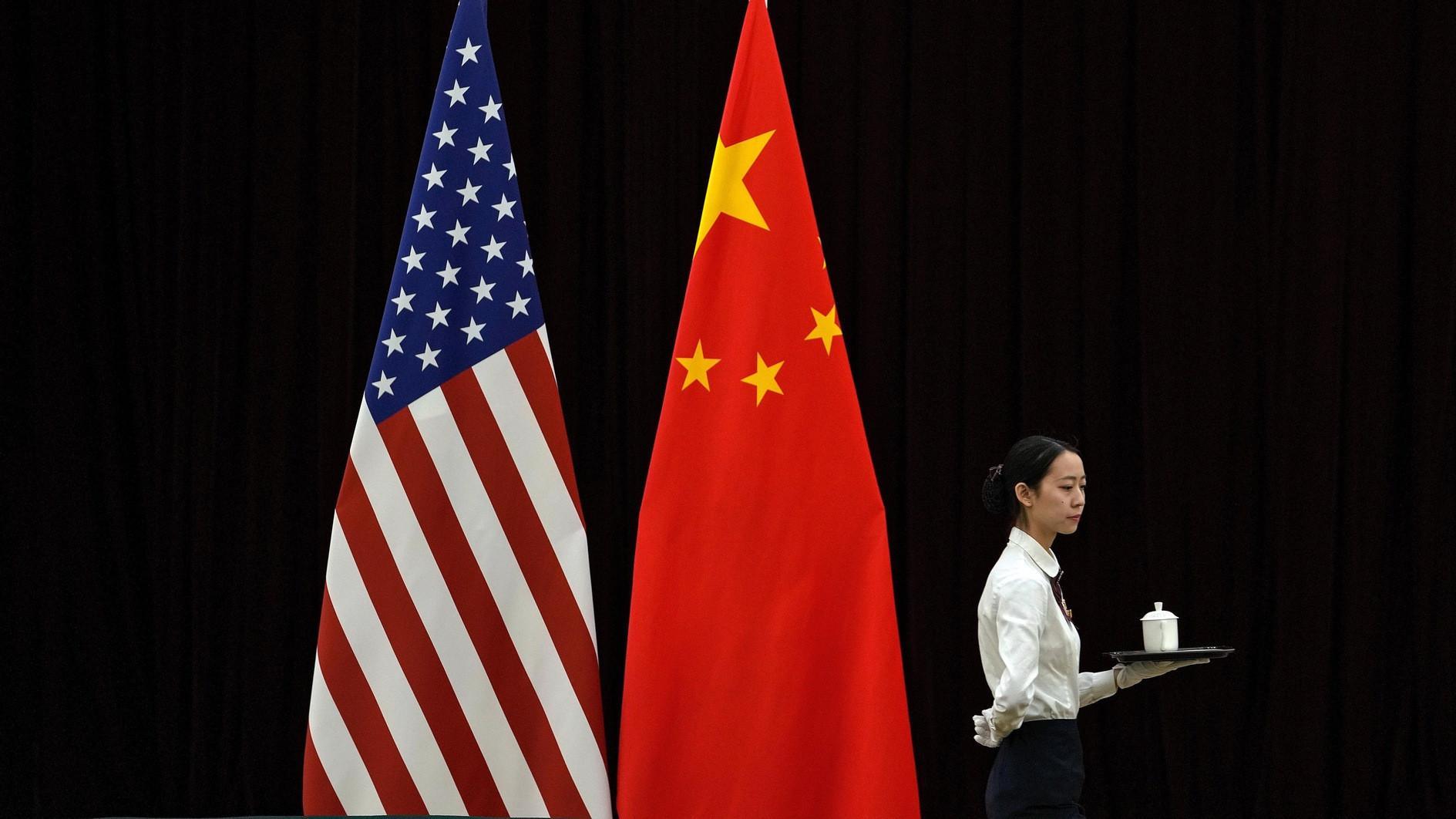Syria is going to get worse and do you know why?
Syria’s ambassador to the United Nations, Bashar Jaafari, has written a letter to the U.N. Security Council, as reported by agencies on Jan. 5, in order to complain about some serious violations of the country's borders.
In his letter dated Dec. 24, 2014, Jaafari did not complain about armed groups (not just jihadists any more) from all around the world making his country’s borders virtually non-existent, with Syria becoming a major combat and training zone.
Instead, he complained about the crossings without visas made by U.S. Senator John McCain and former French Foreign Minister Bernard Kouchner. Both had observed the civil war and refugee situations in the border areas of Syria after entering from Turkey: McCain in May 2013 and Kouchner in November 2014.
No, this is not a joke. At first glance, it seems the Bashar al-Assad regime in Syria is claiming its legitimate rights in the most inclusive international forum, the U.N. But when you scratch the surface a little, it is not difficult to see the desperation of an oppressive regime still trying to show that it is alive through such moves, even though they made lead to nothing but a broken smile.
The country is in ruins because of a civil war that started in spring 2011 after al-Assad's forces decided to crush protesters demanding reforms with disproportionate military force. More than 100,000 people, according to U.N. estimates, have been killed in the civil war so far. Millions have fled to neighboring countries; the U.N. high commissioner for refugees, Antonio Guterres, said on Jan. 6 during the Turkish Foreign Ministry’s annual conference for its ambassadors that the Syrian crisis, together with the situation in Iraq, was escalating to be the worst that humankind has seen since World War II.
There is a logic to consider with the Syrian civil war, together with the conflict in neighboring Iraq. The Syrian war has been the stage for the rise of two ruthless terrorist organizations. First, the al-Qaeda-affiliated al-Nusra Front and a new-generation organization calling itself the Islamic State of Iraq and the Levant (ISIL), which has denied the border between Syria and Iraq, (physically as well).
While the war jets of a number of countries are operating freely in Syrian airspace to hit their targets, countries are trying to cooperate on how to handle the “foreign fighters in Syria” situation with fears of a backlash in their own countries as the al-Assad regime plays a diplomatic game to prove that it is alive and kicking.
It is clear to almost everyone that without the support of Russia, it would not be possible for al-Assad to sustain its rule, which is absent for the time being in large chunks of the country. Iran is important, too, but Iran’s support is more physical, sending Hezbollah fighters from Lebanon while giving intelligence and special operations support for the Syrian regime. But Russia is a member of the U.N. Security Council and considers the Syrian situation a second Cold War between itself and the United States (plus the European Union) together with the crisis in Ukraine. Al-Assad has taken advantage of the current Russian support to continue to playing with time, without changing his position.
The human tragedy in Syria is not likely to end in 2015, mainly because of the singular reason that none of the other actors appear set to change their positions on the Syrian crisis.
Neither Barack Obama nor Vladimir Putin would like to get into a conflict with each other for either Syria or Ukraine, so there is a stalemate there.
President Tayyip Erdoğan in Turkey thinks it’s only he who has the correct and righteous position on the Syrian situation and that all other actors have got it wrong. Ironically, Saudi Arabia and Iran think likewise, so their positions cannot be expected to change either. The government in Iraq in under the heavy influence of Iran.
The Western attitude in general to support whoever is willing to take up arms against ISIL or al-Nusra, whether it’s Hezbollah, the outlawed Kurdistan Workers’ Party (PKK) or the Iraqi Kurdish Peshmerga forces, is likely to blow up soon, as all of those political groups have their own ambitious agendas.
It shouldn’t be a surprise that radical groups like al-Nusra, ISIL and possible new ones will take advantage of this uncertainty - or rather insanity - in Syria.
A smart man, Albert Einstein, once said insanity was trying the same thing over and over again and expecting different results.











